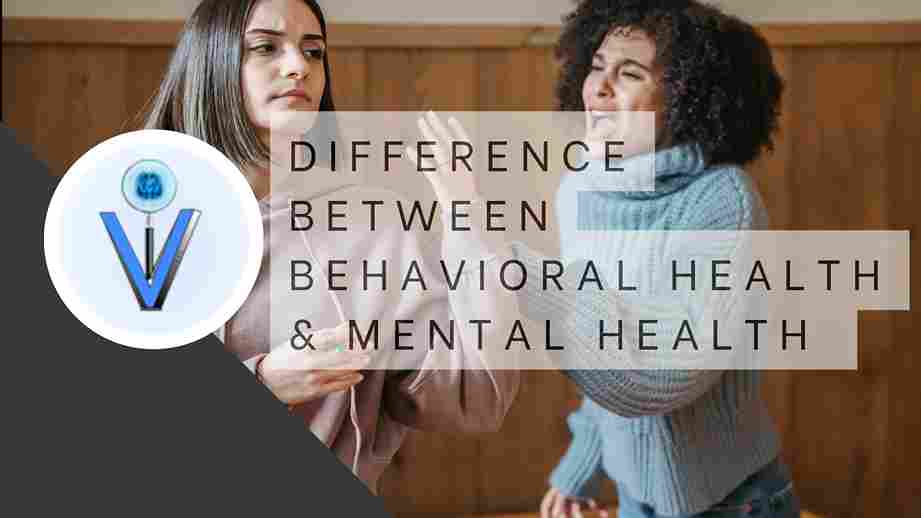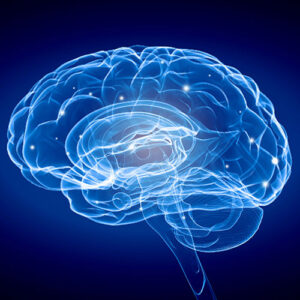Understanding Behavioral Health: A Wider Perspective
Behavioral health delineates the impact of daily habits and behaviors on our overall well-being, encapsulating both mental and physical health. This broad concept underscores the correlation between our actions and their manifestations in our physical and psychological state. It illuminates how our behaviors influence emotions, biology, and overall health.
Behavioral health doesn’t limit itself to mental health. Instead, it expands to involve the study of habits leading to physical health outcomes, the impact of substance use or addiction, and even the effects of our actions on others around us. The realm of behavioral health emphasizes the pursuit of activities that promote a balanced psychological and physiological state. These activities may encompass a wide range of actions such as maintaining a healthy diet, engaging in regular exercise, adequate sleep, and appropriate care in the event of an illness or injury.
Moreover, behavioral health also incorporates studies and treatments for behavior-related disorders, including eating disorders, drug abuse, or addictive behavior. The crucial objective is to identify the behavioral patterns negatively impacting health and to intervene with appropriate strategies for behavioral modifications.
Dissecting Mental Health: An Intimate Look
Mental health, on the other hand, hones in on an individual’s psychological state. It is directly concerned with a person’s emotional, psychological, and social well-being. Mental health is about how individuals think, feel, and behave. It affects how they handle stress, relate to others, and make decisions. Mental health is critical at every stage of life, from childhood and adolescence through adulthood.
In comparison to the broad nature of behavioral health, mental health is a narrower field focusing on understanding and addressing mental illnesses such as depression, anxiety disorders, schizophrenia, and others. It underscores how our emotional and cognitive state influences our thoughts, feelings, and behaviors. Mental health, while falling under the umbrella of behavioral health, delves into the biological factors affecting our mental state, including brain chemistry, genetics, and even prenatal exposure to substances.
Behavioral Health vs Mental Health: Drawing the Line
The actions and habits individuals partake in significantly influence their mental and behavioral health. How individuals respond to various situations is instrumental in shaping their health in these areas. It’s fascinating to see how two individuals, experiencing similar emotions or situations, may respond in entirely different ways, affecting their mental and behavioral health differently.
While mental health is more aligned with emotional and cognitive health than physical health, behavioral health is a comprehensive field, studying the impact of behaviors on both physical and mental health. Thus, the term “behavioral health” serves as an umbrella term encompassing “mental health”.
The differences between behavioral health and mental health are identifiable and significant. A specialist in behavioral health might analyze a person’s habits to determine if such actions contribute to health conditions such as obesity. This is a problem that primarily affects the physical health of a person. Thus, many issues and challenges that fall under behavioral health might not necessarily be associated with mental health.
Conversely, mental health forms an integral part of the broader behavioral health domain. As a result, individuals grappling with mental health issues may derive substantial benefits from principles of behavioral health. Changes in thought processes and behaviors can often assist individuals in coping better with the effects of their mental health disorders. These behavioral changes can be self-initiated or fostered by families or the larger community.
Markers and Symptoms of Behavioral Health
The symptoms of poor behavioral health often manifest as actions negatively impacting an individual’s well-being, either directly or indirectly. This typically includes behaviors linked to mental illnesses such as disturbed eating patterns, substance abuse, or social isolation. However, they can also refer to less severe behaviors that nonetheless result in adverse outcomes, such as inefficient sleep patterns or poor personal hygiene.
Recognizing Symptoms of Mental Health
Indicators of poor mental health are often directly connected to the specific mental condition an individual suffers from. However, some general signals may indicate potential mental health issues. These may include difficulties in sleeping, maintaining relationships, or resorting to self-harm. Anxiety and depression are some of the most common types of mental illnesses. There are other mood disorders like bipolar disorder, and more severe conditions like schizophrenia.
Addressing Behavioral Health and Mental Health: The Road Ahead
Understanding the differences between behavioral health and mental health is vital for healthcare professionals and individuals alike, facilitating accurate diagnosis and effective treatment. In a larger societal context, it aids in creating a nuanced understanding and discourse around mental health issues and behaviors impacting overall health.
In conclusion, while there is an overlap between behavioral health and mental health, the two are distinct fields with their respective focuses and treatments. They are interrelated and essential components of overall health, each deserving equal attention and care.
By acknowledging and addressing these aspects of health, we can pave the way for more comprehensive health care, ultimately contributing to improved quality of life for individuals and communities. We must continue to explore and expand our understanding in these fields, cultivating healthier habits, nurturing mental well-being, and fostering a more empathetic society.
Do you want to take proactive steps towards better behavioral and mental health?
Virtual Allied Remote Diagnostics and Clinical Services offer comprehensive assessments and personalized treatment plans custom to your unique needs.
Book an appointment with us today. Your mental and behavioral health matter, and we’re here to support you.






